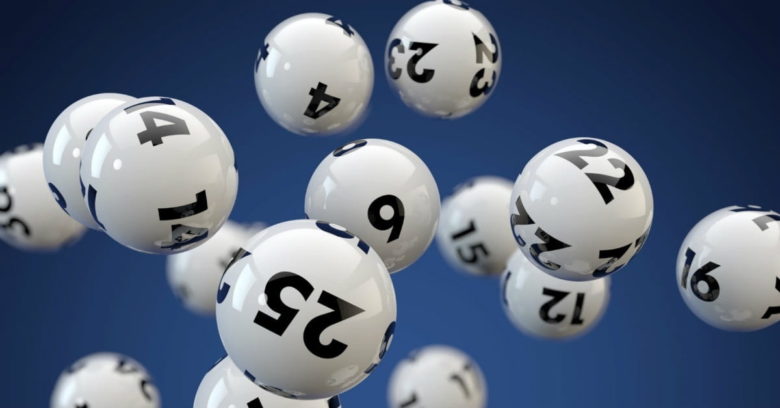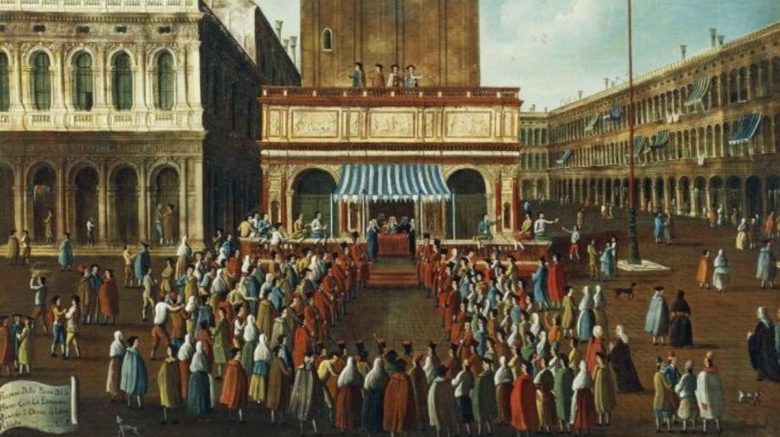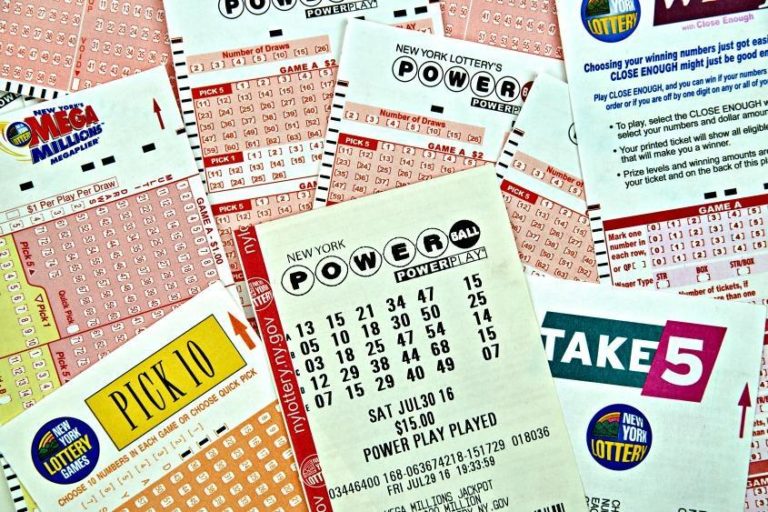Have you ever thought about where the pottery originated from and how it developed over the centuries? If so, you are in the right place because we have decided in the following text to present you with some facts about one of the most popular ways of gambling around the world. The lottery is a very lucrative business, so many countries around the world have set up their own national lotteries. It makes a lot of money because a lot of people play, but only those with the most luck win the top prize. However, the principle hasn’t changed so much over the years. The thing that has evolved is accessibility because now you literally no longer have to move a single step, but you can do everything online.
In addition to the origin of this type of gambling, you will also be able to find the origin of the word ‘lottery’. Basically, whether you bet or not, there is one very interesting article ahead of you, so if you’re ready, let’s get started. Oh, we almost forget. If you want to start playing the lottery online and find out the results of previous rounds to create a strategy, click here.

The origin and history of the lottery
So, the word ‘lottery’ was formed centuries ago and its origin is from the German word ‘hleut’ which means ‘lot’ in English. The first lottery data appeared more than 2000 years ago. Namely, such a record comes from the Bible and believe it or not Moses is the person who won the first officially recorded prize in history. According to the Book of Numbers, which is part of the Old Testament, Moses won the land because he won the lottery. This may sound pretty shocking to all believers and those who are against any gambling.
After these Bible records, history didn’t have many records of lottery development until the time of the Chinese Hun Dynasty. Believe it or not, the main goal of the game that began 200 B.C. was collecting taxes. The game has remained immensely popular for millennia and centuries and is now called Keno. Another interesting fact is that thanks to the lottery proceeds, the popular Great Wall of China was built. As for the Roman Empire, the lottery was the luxury of the rich until the reign of Emperor Augustus Caesar when the first lottery that included ordinary people was held. The aim of the lottery was rebuilding the city of Rome. Unfortunately, these are the last recorded lottery data from that period, but also for many centuries to come.

Another important moment in the history of the lottery is the Renaissance era, which brought the renaissance of the lottery just like science and the arts. In the 15th century, exactly 1446, the first recorded lottery in Europe was held and hosted by Jan Van Eyck who donated his paintings as a prize. There are also records that Belgium raised money in this way for the construction of buildings for various purposes. Another important year is 1530 when the lottery was held in the Italian city of Florence. However, by far the largest lottery in that period was organized in England in 1567 by Queen Elizabeth the First. At that time, about 400,000 tickets were created and players won valuable prizes in the form of money, tapestries or china. The lottery in America began in the 1700s during the Revolutionary War when Benjamin Franklin organized lotteries to fund the purchase of weapons needed for warfare.

